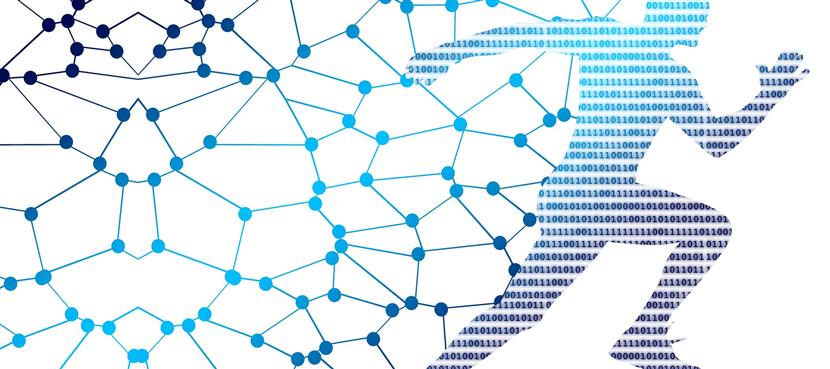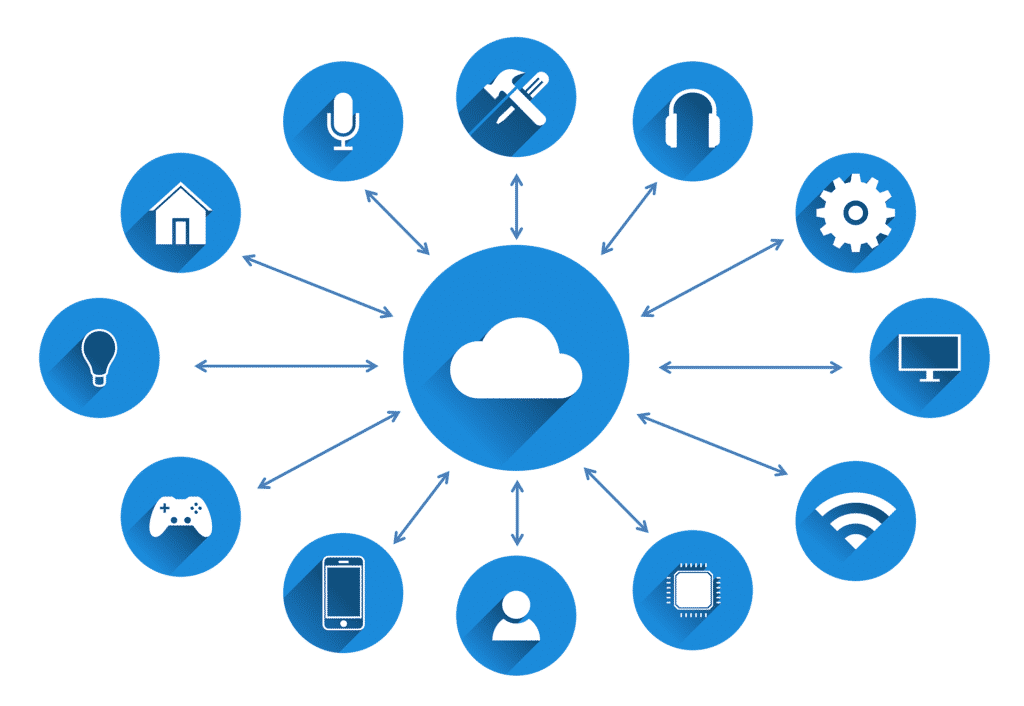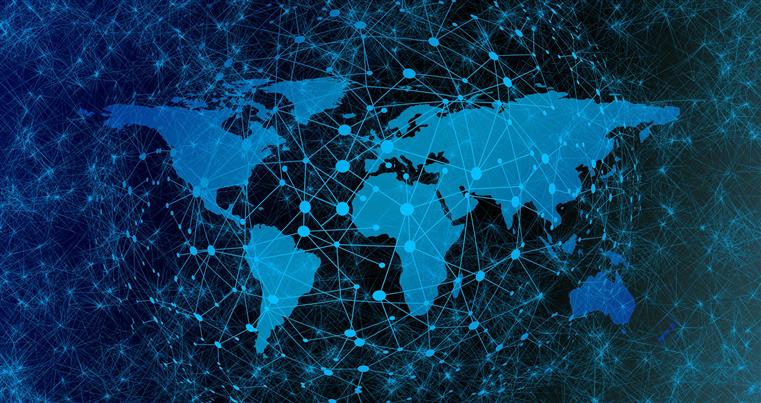If it is an established feature of the digital economy, it is its ability to decentralize knowledge and techniques.
Whether it’s a Wikipedia page, a tutorial on YouTube or the Mooc of a major university accustomed to the Shanghai ranking, it becomes more and more notable that a significant part of the knowledge of the humanity is now accessible via the Internet.
The localization of knowledge, which has not yet been confined to research centers and universities, is less and less pronounced every day. There are hundreds of Moocs on artificial intelligence, on the most advanced processes in synthetic biology (CRISPR-Cas9, for example), on the means of putting oneself into orbit a satellite or, more simply, on the processes for managing crow psychology in sports venues! It is the same for the techniques themselves.

Until recently, some technologies were only accessible in a few places around the world. For example, Watson’s artificial intelligence technologies – which, for example, allow one or more doctors to diagnose cancer in the highest quality, with unmatched accuracy and certainty, were only accessible visiting the IBM Artificial Intelligence Research Center; today, Watson is accessible through a cloud distribution model, for a large amount of different activities. This cloud, by allowing the decentralization of activities with very high added value, completely modified the principle according to which a productive activity is effective only when it is centralized and reaches a level of critical size.
Not only is it now possible, via the cloud, to access IT services in almost all sectors, but more and more frequently, the services offered to individuals in this way are more efficient than those in which the most have invested heavily to have a proprietary solution.
One of the consequences of this decentralization is that organizations and business models can be conceived very differently.

Today, thanks to the cloud, hundreds of thousands of people work from home, providing the same value to their employers or customers as if they were in their businesses. The entire economy can be rethought with much greater inclusion in local territories than before.
But this evolution was made possible only because the data and their processing reached a marginal cost, creating otherwise inconceivable opportunities. Everywhere, and in all sectors of activity, it is possible to create productivity, value stocks of information or assets previously dormant.
This is a revolution that creates significant opportunity gains, eliminates inventory and reduces transaction costs. These opportunity gains may well one day substitute for GDP (gross domestic product), which has been used as the standard of success in an era now past.

